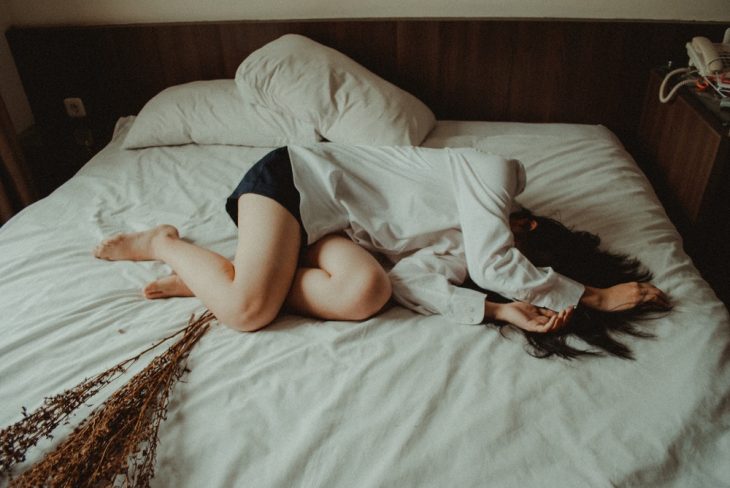You wake up not wanting to talk, lacking energy, and instead, your best friend eats the world up with her strength first thing in the morning; you feel more inspired by work in the mid-afternoon than in the morning, and you don’t understand why your mood is sometimes unpredictable.
Your discouragement is not due to a vitamin deficiency, nor to hidden depression or lack of interest. It’s really all about the way you sleep and your biological clock, which is responsible for putting your body on time. So if you want to make better use of your energy and time you should follow some tips that will help you get the best out of yourself.
1. Discover your biological clock

If you are concerned about how much sleep you need and when perform a simple self-assessment. Take advantage of a week’s vacation to listen to what time your body asks you to go to bed and get up, and record it in your sleep schedule.
2. Go to bed, you need to rest!

Sleeping at night is healthy. Your body is programmed to increase melatonin, a hormone that sends the message of chemical darkness to every cell in your body to begin the “rest and repair” mode.
After a bad night, you perform 50 percent less, your memory is affected and you feel sad. Other studies assure that being more than 15 days without sleep takes you… to madness!
3. Partying at night?

Sleeping at night and not doing it in tune with nature can cause illnesses. “There is a greater incidence of metabolic syndrome, cardiovascular disease, cognitive impairment, affective disorders, sleep disturbances or aging,” says Angeles Rod, Cronolab researcher.
This is because the internal clocks stop synchronizing when there are no regular routines for eating and exercising and the alternation of natural light and darkness fails.
4. Control your mood swings

Emotional instability due to PMS, which causes anxiety, irritability, pain, or the desire to eat something sweet, is effectively treated by sleeping only eight hours a day. It also works if you suffer from the seasonal affective syndrome, a type of winter depression associated with long winter nights and lack of light.
5. Practice exercise at an appropriate time

A study conducted among female rugby players who ran daily showed that when they ran at night, the center of sleep or deep sleep shifted from four in the morning to seven, and they woke up more tired. On the other hand, when they went running at nine in the morning their biological rhythms were adequate. So they avoided intense sports like CrossFit, boxing, or Zumba from nine o’clock at night.
Also read: Sleep Faster with These Techniques
6. Get thinner just by sleeping

Be organized in your mealtimes. Metabolic and digestive clocks are in charge of preparing digestion and metabolism of nutrients; however, when this routine is advanced or delayed, the body does not foresee it and does not do its function properly.
7. Give yourself a moment for intimacy

In young men, testosterone peaks between six and nine in the morning: that’s when their desire is most intense. In women, on the other hand, pleasure hormones shoot up later. The solution to this is to sleep well, relax, and enjoy the mornings with your partner.
8. Enjoy your new life!

In the morning: go to the bathroom, the intestine works better at this time of day, at 10 a.m. cortisol and adrenaline are secreted; heart rate and blood pressure are high: it’s the start time to concentrate.
At midday, it is time to eat carbohydrates, because thanks to the level of insulin they are metabolized well. Later, at five o’clock, elasticity and strength increase: is it time for yoga? At nine o’clock, melatonin rises: it’s time to turn off.
Translated and adapted by Limepedia staff.
Sources: Okchicas







